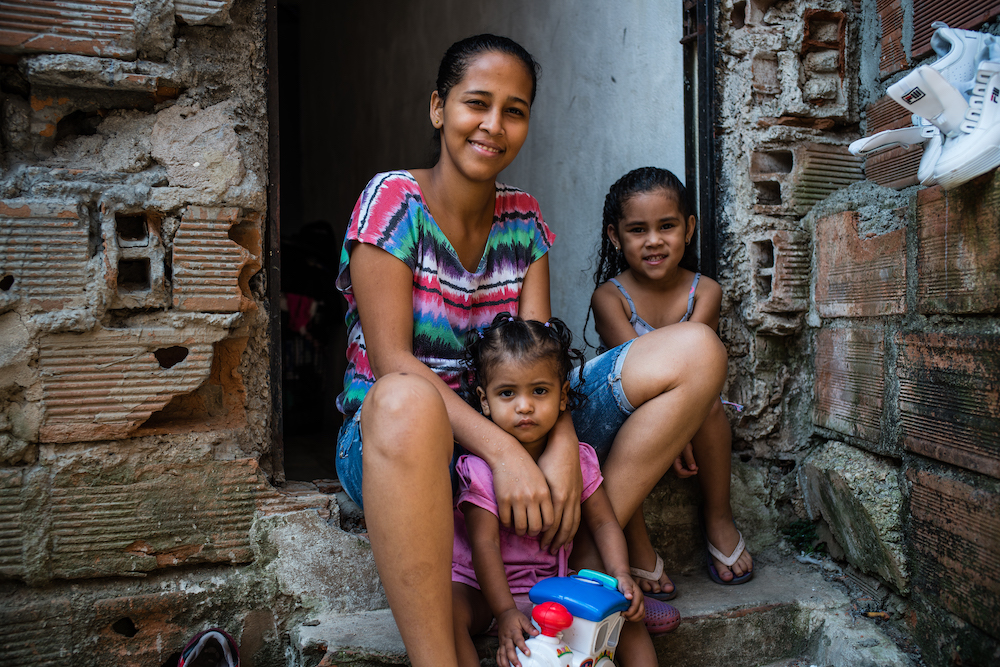
A learning assessment of in and out-of-school Venezuelan refugee children and their Colombian 1st to 5th grade counterparts in Cucuta
Educators and policymakers in the region lacked evidence about the learning needs of Venezuelan child refugees. With support from the Tinker Foundation, the IRC conducted a learning assessment in Cucuta to fill this information gap.
Since 2015, the humanitarian crisis in Venezuela has contributed to one of the largest refugee crises in the world. More than 4.5 million Venezuelans have fled their homes and five years into this crisis, the factors driving their displacement show no signs of abating. An estimated 1.6 million Venezuelan refugees and migrants currently live in Colombia and about 327,000 of them are school-aged children.
As the crisis persists, children must have access to learning opportunities and education provides children with a much-needed sense of stability and can enable them to learn and heal in a protective, predictable environment. Educators and policymakers in the region lacked evidence about the learning needs of Venezuelan child refugees. With support from the Tinker Foundation, the IRC conducted a learning assessment in Cucuta to fill this information gap. The study aimed to answer the following research questions:
- What are the literacy, numeracy, and social emotional learning skills of Colombian students and in and out-of-school (OOS) Venezuelan refugee children in Cucuta?
- How do literacy, numeracy and social emotional learning skills of Colombian and Venezuelan refugee children vary by sex, age, school status (in-school vs. out of school), and socio-economic status?
The in-school sample was drawn from 29 public schools, which were randomly selected out of the 63 public schools in Cucuta. The assessment examined 1,219 students in grades 1 through 5. Of these students, 788 were Venezuelan and 431 were Colombian. The OOS sample comprised data from a group of 429 OOS Venezuelan children.
Literacy and numeracy skills of both in-school Colombians and Venezuelans in Cucuta were below the benchmark and, perhaps unsurprisingly, those of their OOS Venezuelan counterparts lagged even more than their in-school counterparts. Oral reading fluency was at or below the benchmark for 69 percent of in-school Colombians and 65 percent of in-school Venezuelans, with 85 percent of OOS Venezuelans performing below the benchmark for this subtask. When it came to solving simple addition problems, 70 percent of in-school Venezuelans and 68 percent of in-school Colombians performed at or below the 80 percent proficiency level for this subtask, while 83 percent of their OOS Venezuelan counterparts performed below the proficiency level. The underperformance among OOS children who had once been enrolled in school, demonstrates how crucial attendance and retention are for meaningful educational integration.
Despite clear academic struggles, OOS Venezuelan children showed greater social emotional learning skills than children who are in school. Specifically, OOS Venezuelan children showed higher levels of empathy and lower levels of hostile attribution bias, sadness, and anger intensity than in-school Colombian and Venezuelan children. OOS Venezuelan children who witness bullying were less likely to support the bullies by joining them or disengage entirely and were more likely to report bullying to an authority figure than in-school Colombian and Venezuelan children. OOS Venezuelan children experienced significantly lower levels of victimization than Venezuelan students attending school in Cucuta.